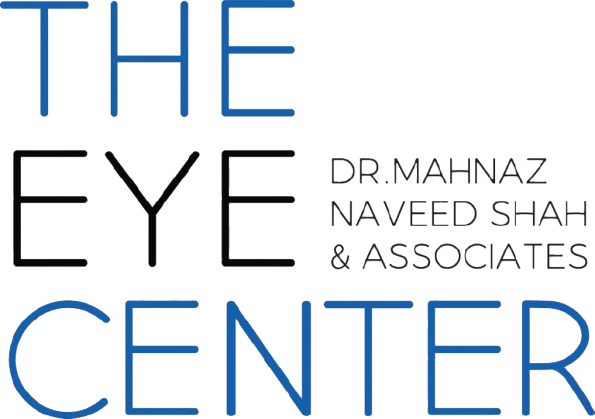Presbyopia: Understanding and Treating Age-Related Vision Changes
Presbyopia is a common age-related vision condition that usually becomes noticeable after the age of 40. People with presbyopia find it increasingly difficult to focus on nearby objects, often holding reading material at arm’s length to see clearly. Unlike other refractive errors, such as myopia or hyperopia, presbyopia occurs due to natural aging of the […]
Herpes in the Eye (Ocular Herpes) Treatment in Karachi: Causes and Management
Ocular herpes, commonly known as herpes in the eye, is an eye infection caused by the herpes simplex virus (HSV). It can affect different parts of the eye, including the cornea (the clear front surface), and may lead to serious vision problems if not treated promptly. Recurrence is common, making careful management essential for long-term […]
How to Treat Eye Allergies in Karachi – Doctors & Clinics
Eye allergies, or allergic conjunctivitis, are a common problem for Karachi residents due to the city’s high levels of dust, pollution, and pollen. The dry and dusty climate, combined with industrial pollutants, can easily trigger allergic reactions in the eyes, affecting both adults and children. Eye allergies occur when the eyes react to allergens such […]
Best Eye Care Treatments for Aging Vision in Karachi
Aging brings several changes to vision, such as presbyopia, cataracts, glaucoma, and age-related macular degeneration (AMD). Karachi’s senior population is increasingly seeking specialized eye care to maintain clear vision and independence. Presbyopia, which affects near vision, typically starts after 40 and is easily managed by reading glasses or multifocal lenses. Cataracts are another common concern, […]
Most Common Eye Infections in Karachi – Symptoms & Treatment
Eye infections are a frequent concern among residents of Karachi due to the city’s humid climate, pollution, and crowded living conditions. Common infections include conjunctivitis (pink eye), keratitis, styes, and blepharitis. These conditions can affect anyone but are more common among children, office workers, and individuals with weak immune systems. Conjunctivitis is one of the […]
Night Driving Tips for Karachi Residents with Poor Vision
Driving at night in Karachi can be challenging, particularly for people with poor vision. Glare from headlights, low contrast, and unlit roads can make driving stressful and unsafe. To manage these issues, ensure your glasses have an anti-reflective coating, which reduces glare and improves contrast. Regular eye checkups are essential, especially for individuals with cataracts, […]
Top Eye Care Tips for Karachi Students Who Study on Screens
Students in Karachi often spend long hours studying on laptops, tablets, and smartphones. This can strain their eyes, leading to symptoms like headaches, dryness, and blurry vision. To reduce screen-related eye strain, the 20-20-20 rule is helpful after every 20 minutes of screen use, looking at something 20 feet away for 20 seconds. It is […]
Eye Care Tips for Professionals in Karachi – Reduce Digital Eye Strain
Many women prefer consulting female eye specialists, especially for sensitive or complex eye issues. Karachi is home to highly qualified women ophthalmologists like Dr. Mahnaz Naveed Shah, Dr. Aisha Bokhari, and Dr. Saliha Naz, known for their expertise in cataract surgery, glaucoma, cornea, and retinal diseases. These specialists provide a comfortable environment for women patients […]
Best Eye Clinics in Karachi for Diabetic Patients – Trusted Doctors
Diabetes can severely affect the eyes, leading to conditions like diabetic retinopathy, glaucoma, and cataracts. Karachi offers several trusted eye clinics specializing in diabetic eye care. Early detection and regular monitoring are critical in preventing vision loss. Clinics such as The Eye Center – Dr. Mahnaz Naveed Shah & Associates offer comprehensive diabetic eye screenings […]
How Karachi’s Environment Affects Children’s Eye Health
Karachi’s pollution, dust, and intense UV exposure can negatively impact children’s eyes. Frequent dust storms, smoke from traffic, and allergens can cause eye irritation, infections, and allergic conjunctivitis. Additionally, excessive screen time due to urban lifestyle contributes to digital eye strain and dry eyes among children. Proactive care is essential. Encourage children to wash their […]
